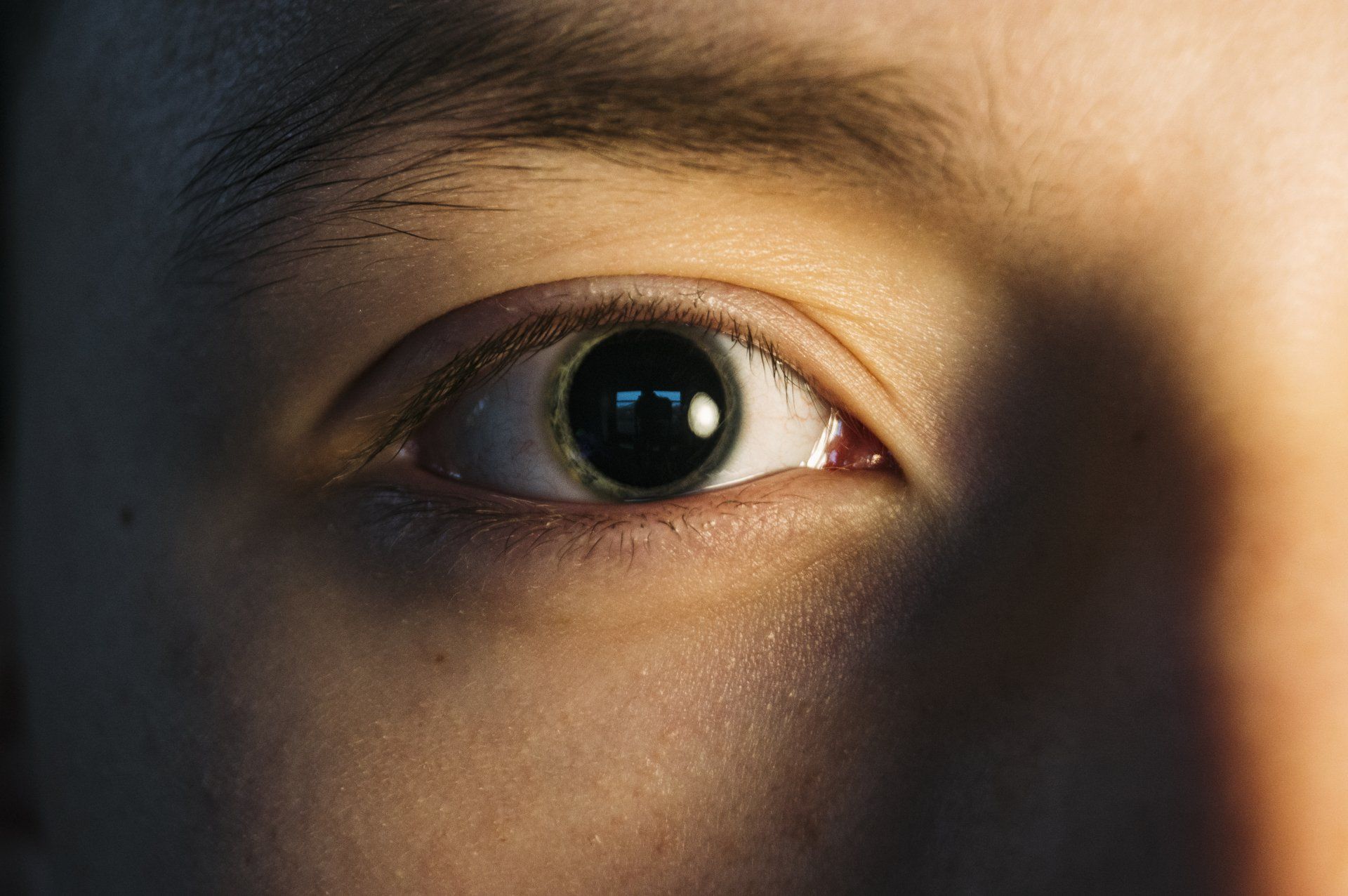Dilation is an important tool to catch eye disease early.

" Eyes are the windows to the soul." In eye care, dilation allows us a much bigger window to look through. While we don't examine souls, our doctors can potentially detect systemic health complications during dilated eye examinations. This assessment requires good views in the back of our eyes. Since our pupils constrict in response to light, we may have very narrow windows to look through, when a patient is not dilated.
What conditions can be first detected with a dilated eye exam? Bleeding within the retina could indicate a patient has undiagnosed diabetes or hypertension (high blood pressure). Certain medications can also cause side-effects in the back of the eye (eg: hydroxychloroquine, amiodarone, or tamoxifen, to name a few). For patients struggling with glare, a dilated exam can be useful for the detection of cataracts. Dilated exams help us to diagnose, treat, and manage glaucoma (which can be blinding) as well as macular degeneration (which can make reading and/or driving very challenging).
Dilation occurs when certain drops are instilled into the eye. Dilation is painless and takes around 15 minutes for the pupil to open up enough to get a good view. Dilation usually lasts about 4-6 hours, gradually fading away over time. For the first few hours after dilation, patients are typically more sensitive to light and near vision may become much more blurry. We offer dilation 'wrap-around' shades to make dilation more tolerable. If you haven't had a dilated eye exam in a few years, or within the last year if you're over 60, please call us and let us dilate your eyes. Please call 419-521-3937


